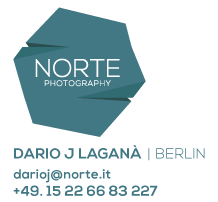DEUTSCHLAND ÜBERGESTERN
Radical changes in the workplace after the turn
A photographic project by Dario J Laganà
A photographic project by Dario J Laganà
Radikale Veränderungen am Arbeitsplatz nach der Wende
Ein fotografisches Projekt von Dario J Laganà
Ein fotografisches Projekt von Dario J Laganà
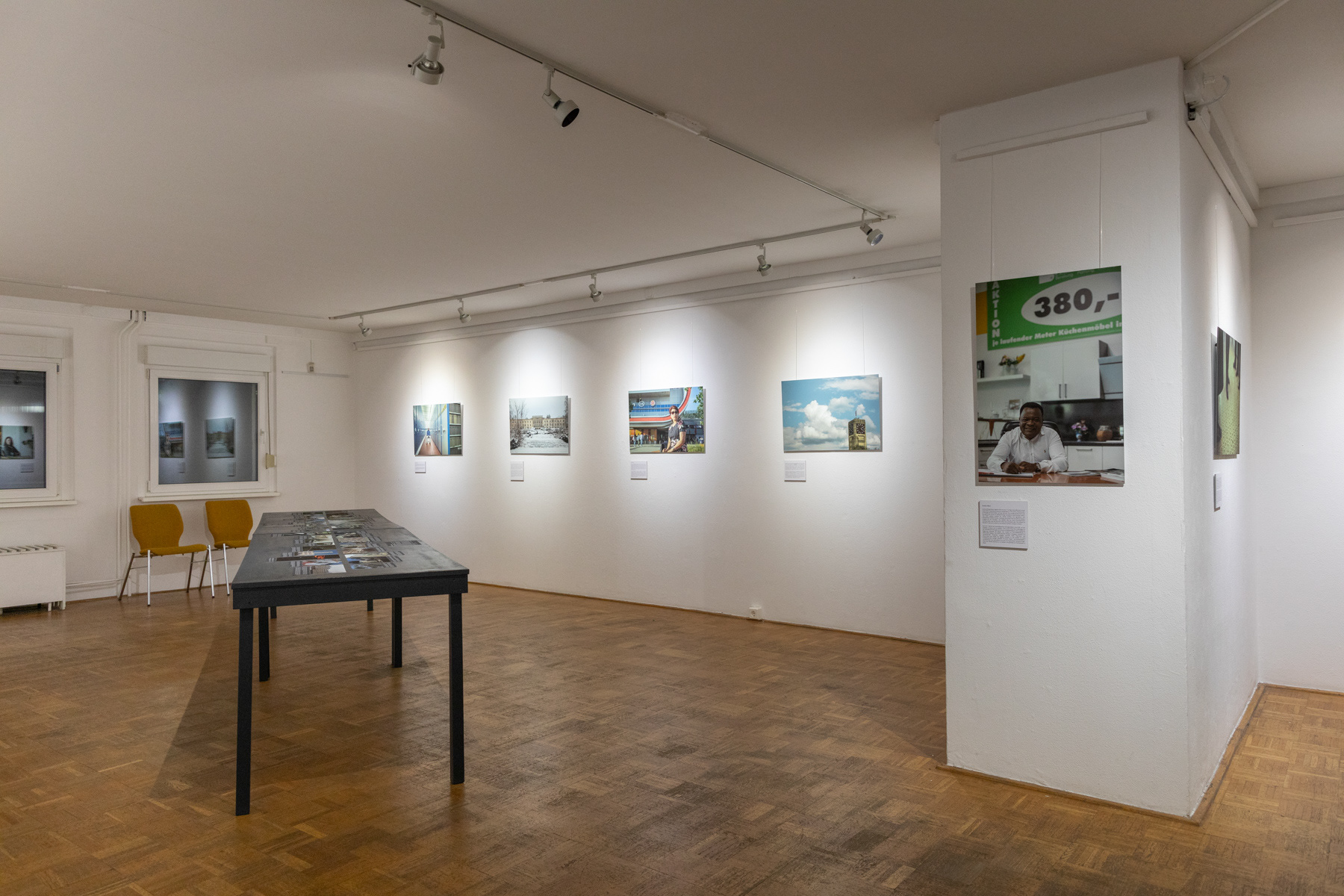
"Deutschland Übergestern" (2019) is a project by the photographer © Dario J Laganà "Norte" Photography founded by the Bundesstiftung zur Aufarbeitung der SED-Diktatur
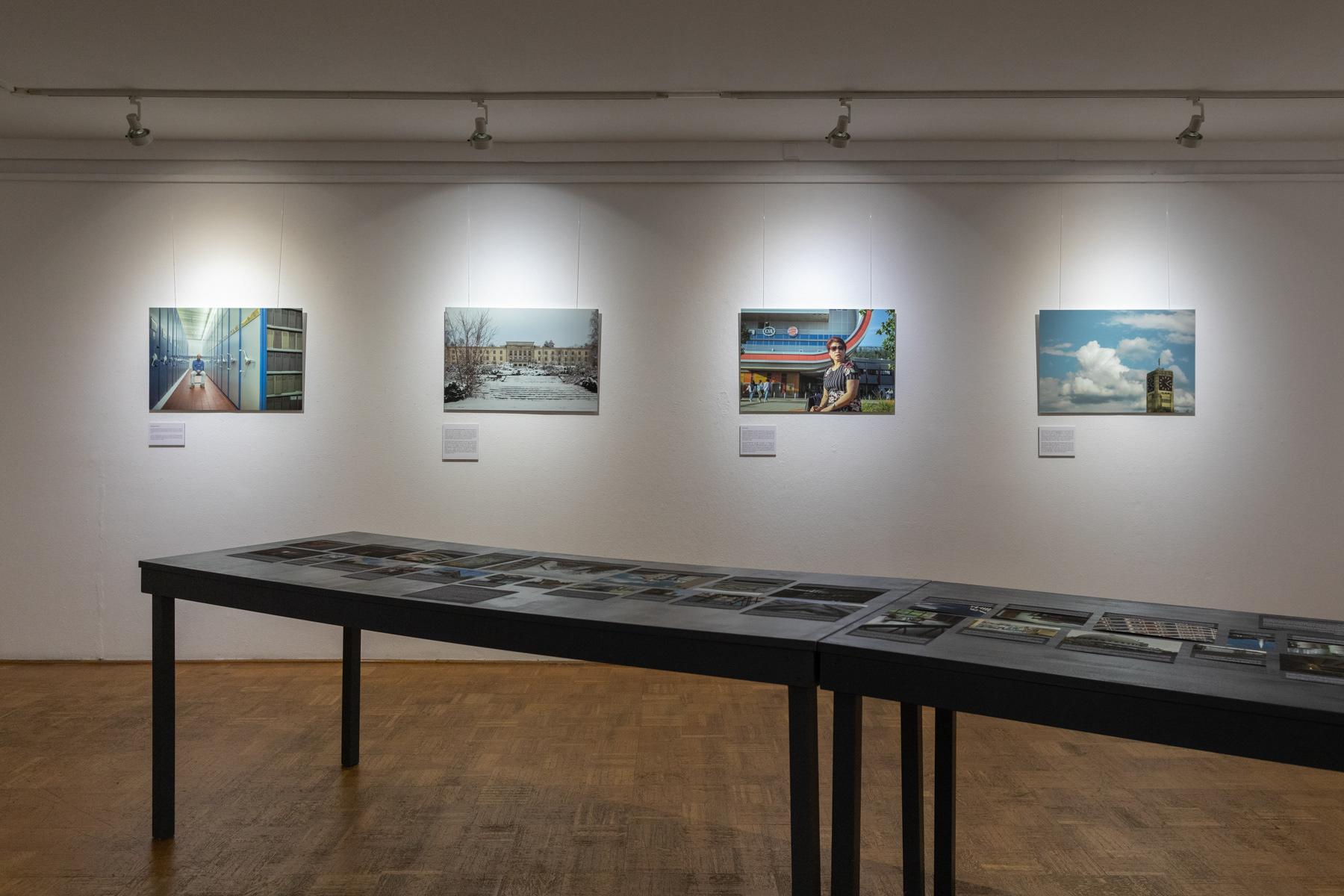
"Deutschland Übergestern" (2019) is a project by the photographer © Dario J Laganà "Norte" Photography founded by the Bundesstiftung zur Aufarbeitung der SED-Diktatur
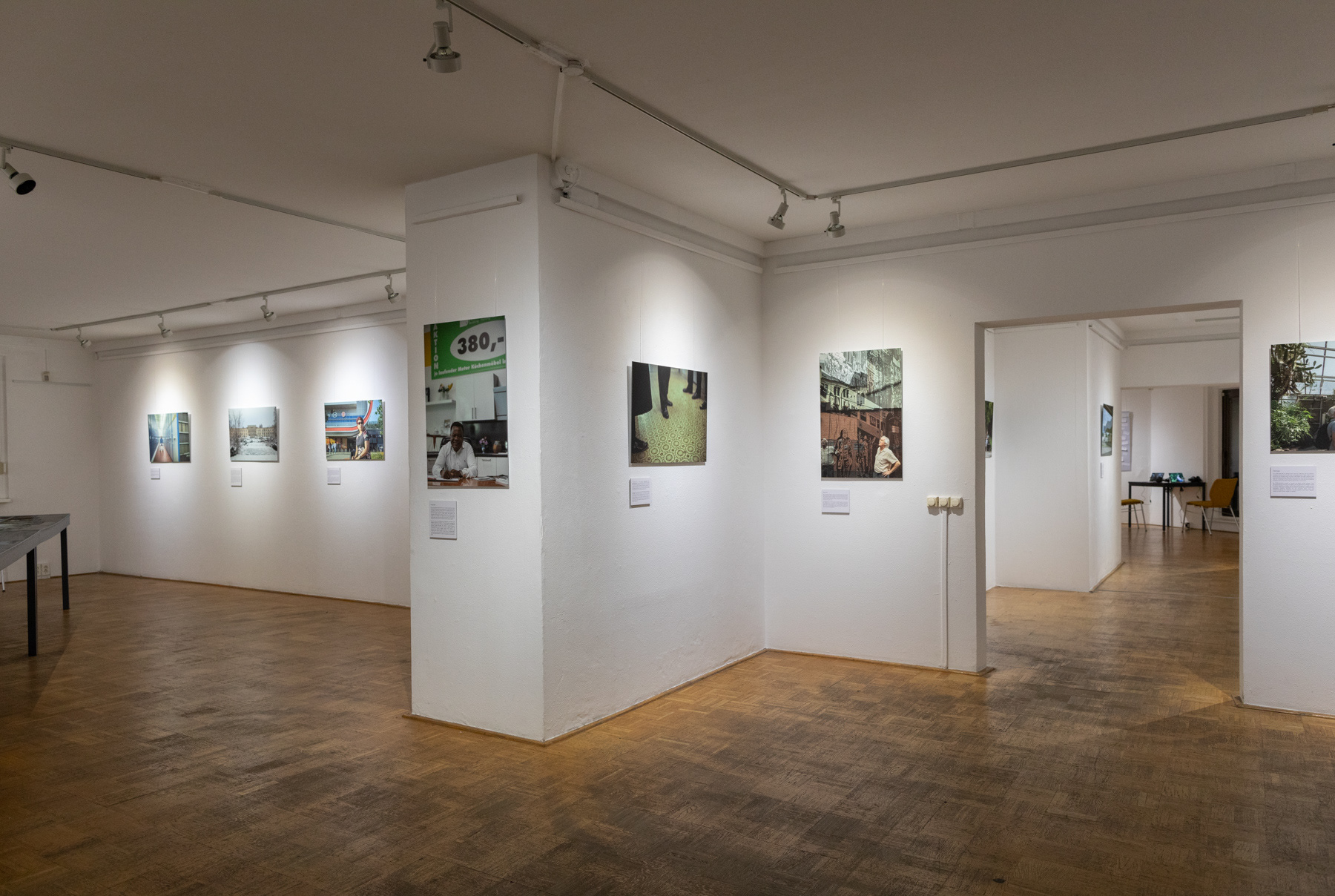
"Deutschland Übergestern" (2019) is a project by the photographer © Dario J Laganà "Norte" Photography founded by the Bundesstiftung zur Aufarbeitung der SED-Diktatur
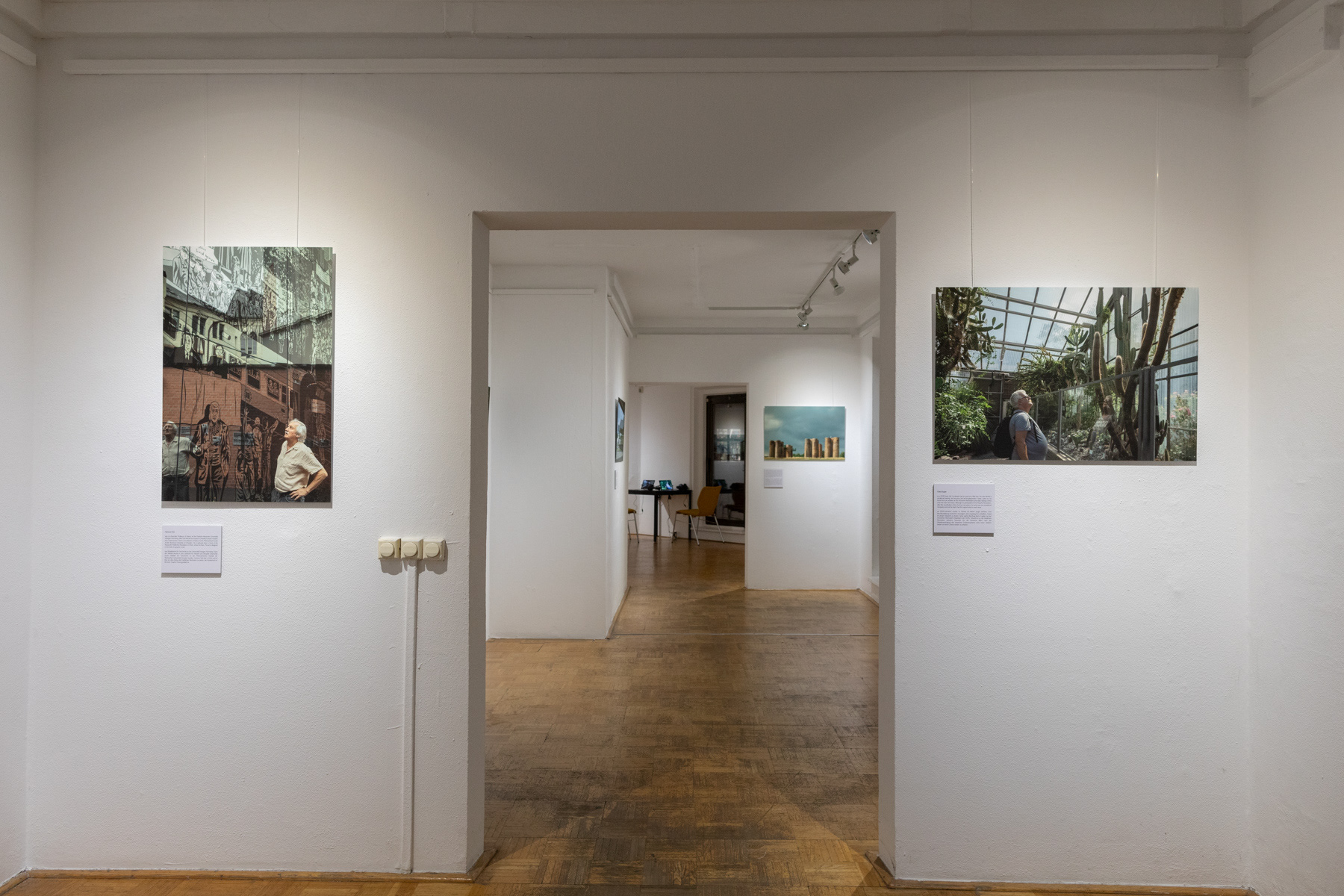
"Deutschland Übergestern" (2019) is a project by the photographer © Dario J Laganà "Norte" Photography founded by the Bundesstiftung zur Aufarbeitung der SED-Diktatur
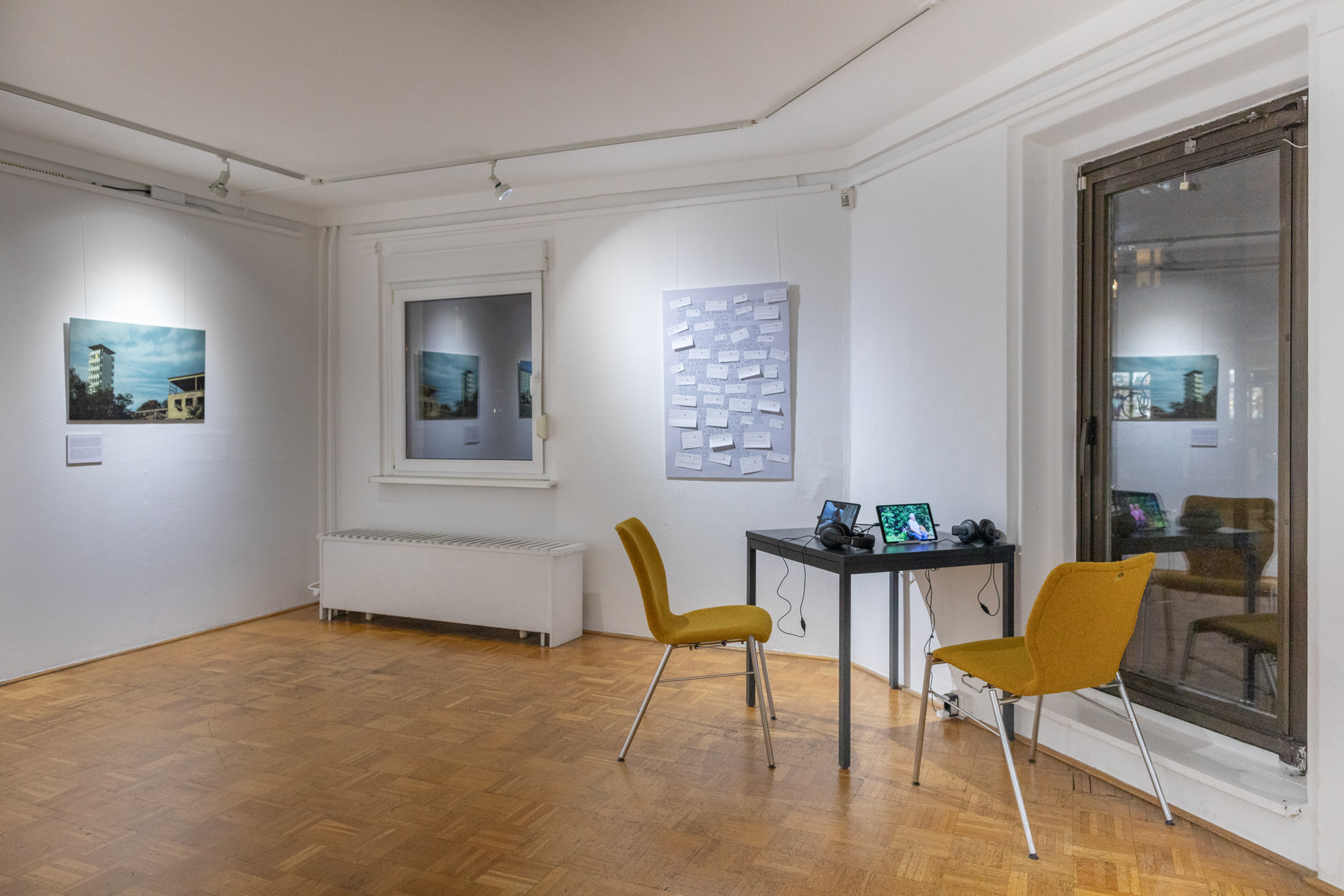
"Deutschland Übergestern" (2019) is a project by the photographer © Dario J Laganà "Norte" Photography founded by the Bundesstiftung zur Aufarbeitung der SED-Diktatur
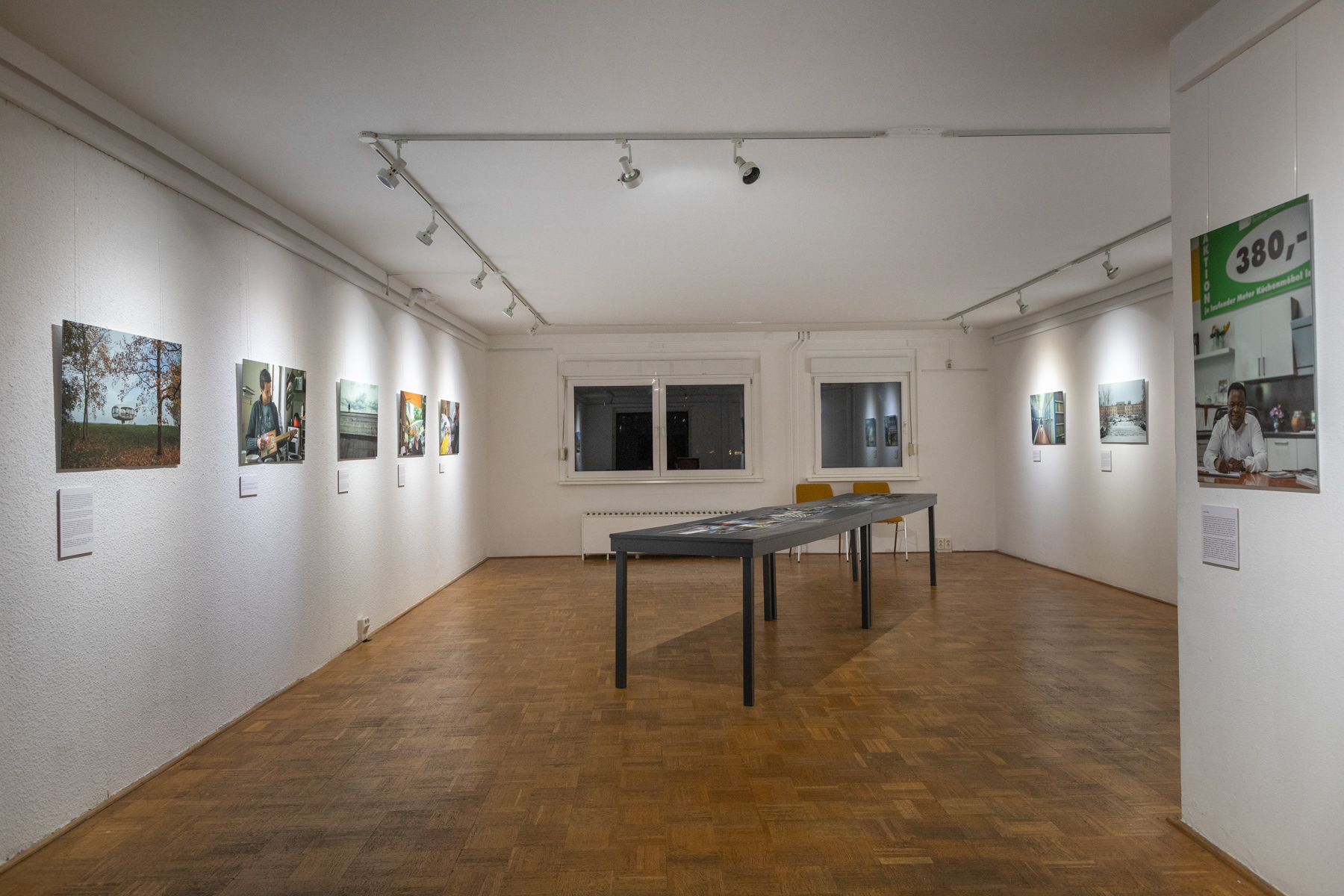
"Deutschland Übergestern" (2019) is a project by the photographer © Dario J Laganà "Norte" Photography founded by the Bundesstiftung zur Aufarbeitung der SED-Diktatur
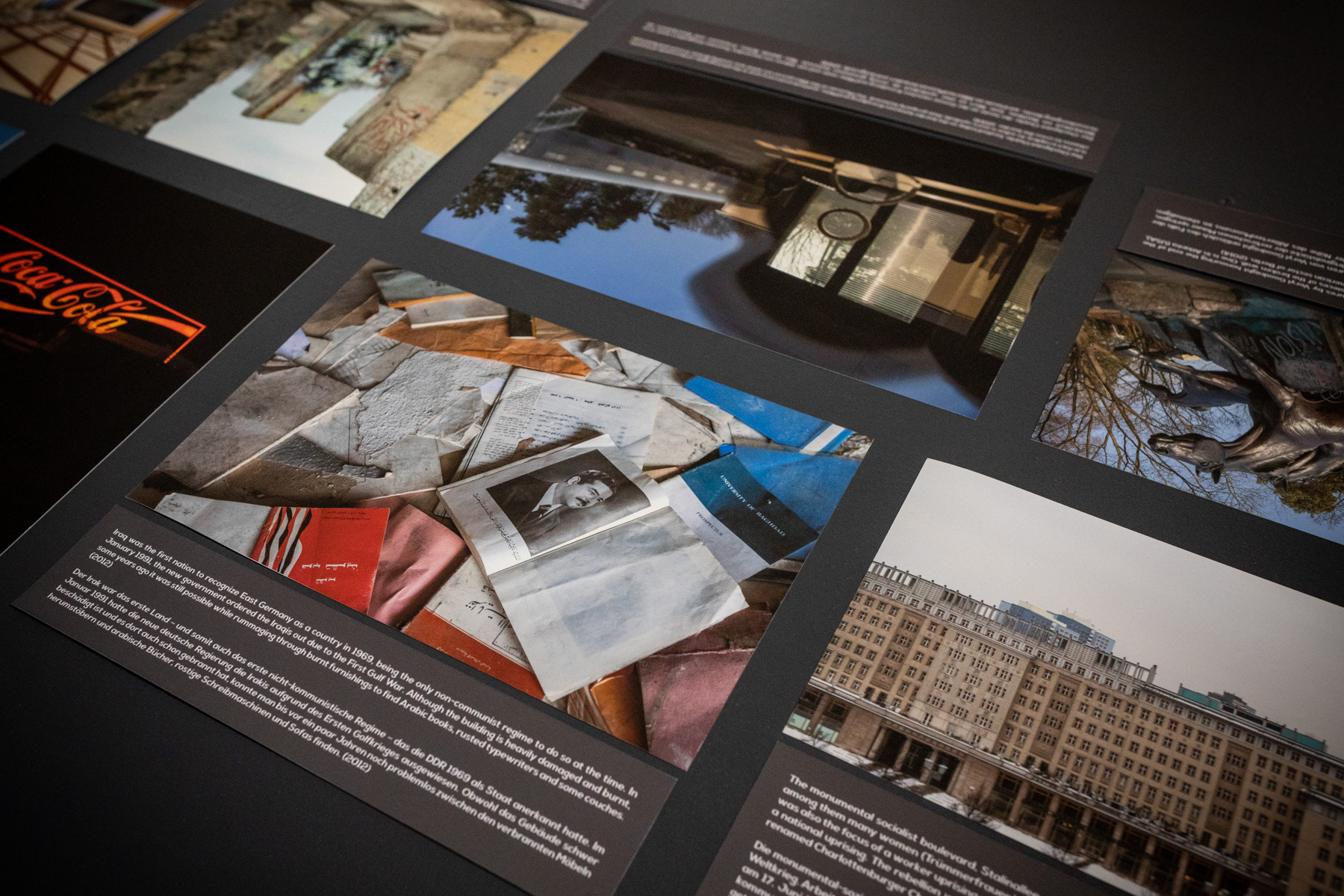
"Deutschland Übergestern" (2019) is a project by the photographer © Dario J Laganà "Norte" Photography founded by the Bundesstiftung zur Aufarbeitung der SED-Diktatur
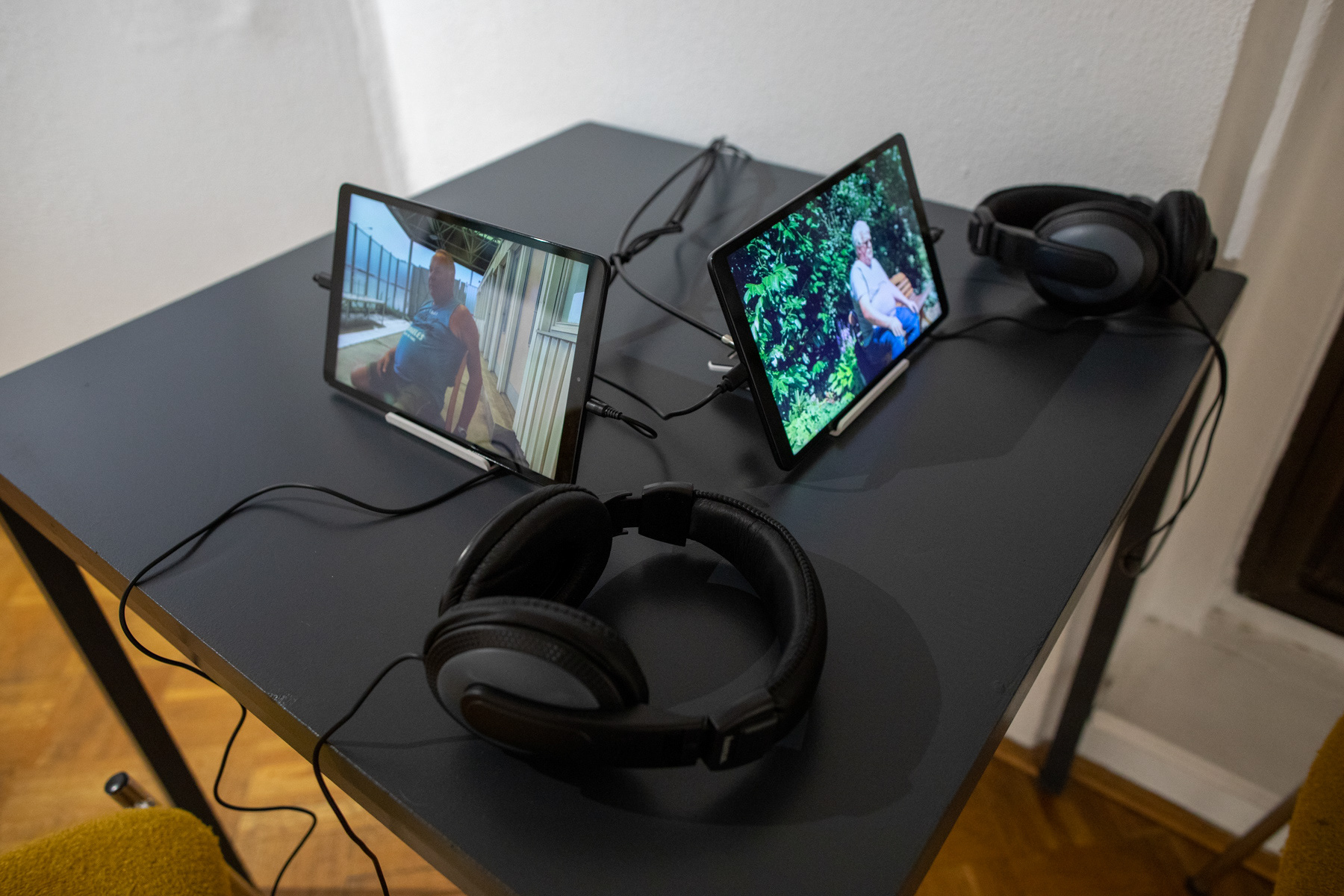
"Deutschland Übergestern" (2019) is a project by the photographer © Dario J Laganà "Norte" Photography founded by the Bundesstiftung zur Aufarbeitung der SED-Diktatur
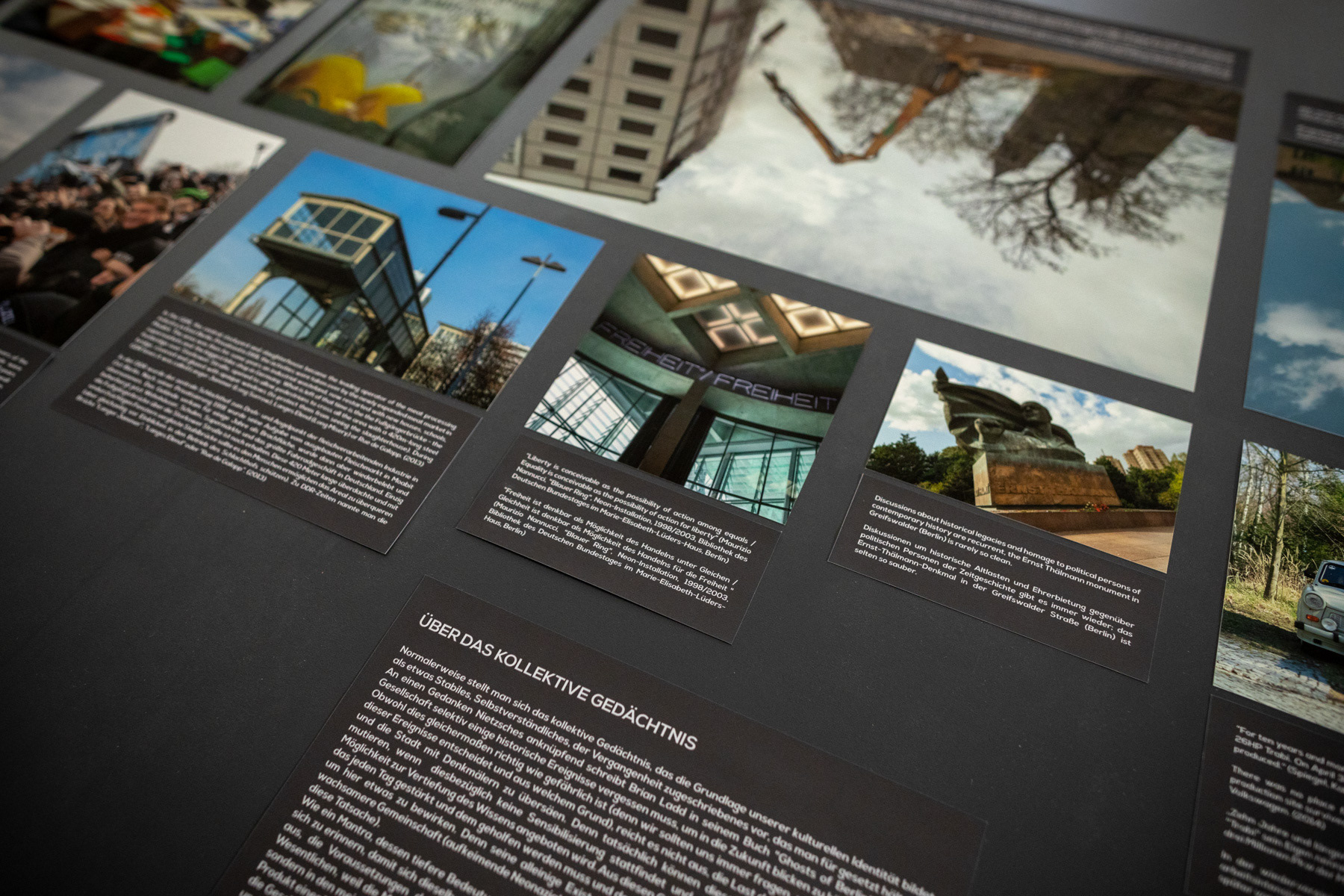
"Deutschland Übergestern" (2019) is a project by the photographer © Dario J Laganà "Norte" Photography founded by the Bundesstiftung zur Aufarbeitung der SED-Diktatur
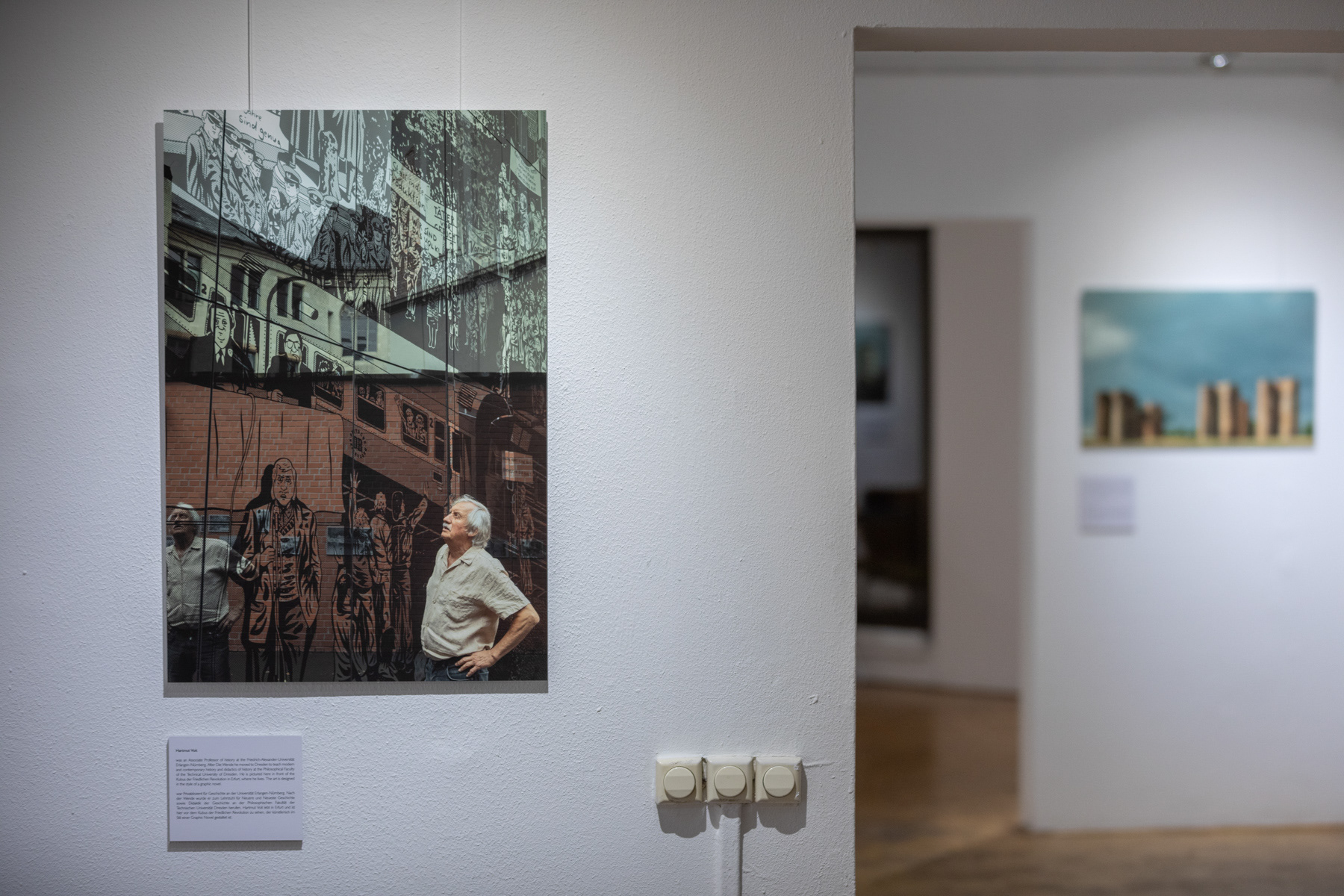
"Deutschland Übergestern" (2019) is a project by the photographer © Dario J Laganà "Norte" Photography founded by the Bundesstiftung zur Aufarbeitung der SED-Diktatur
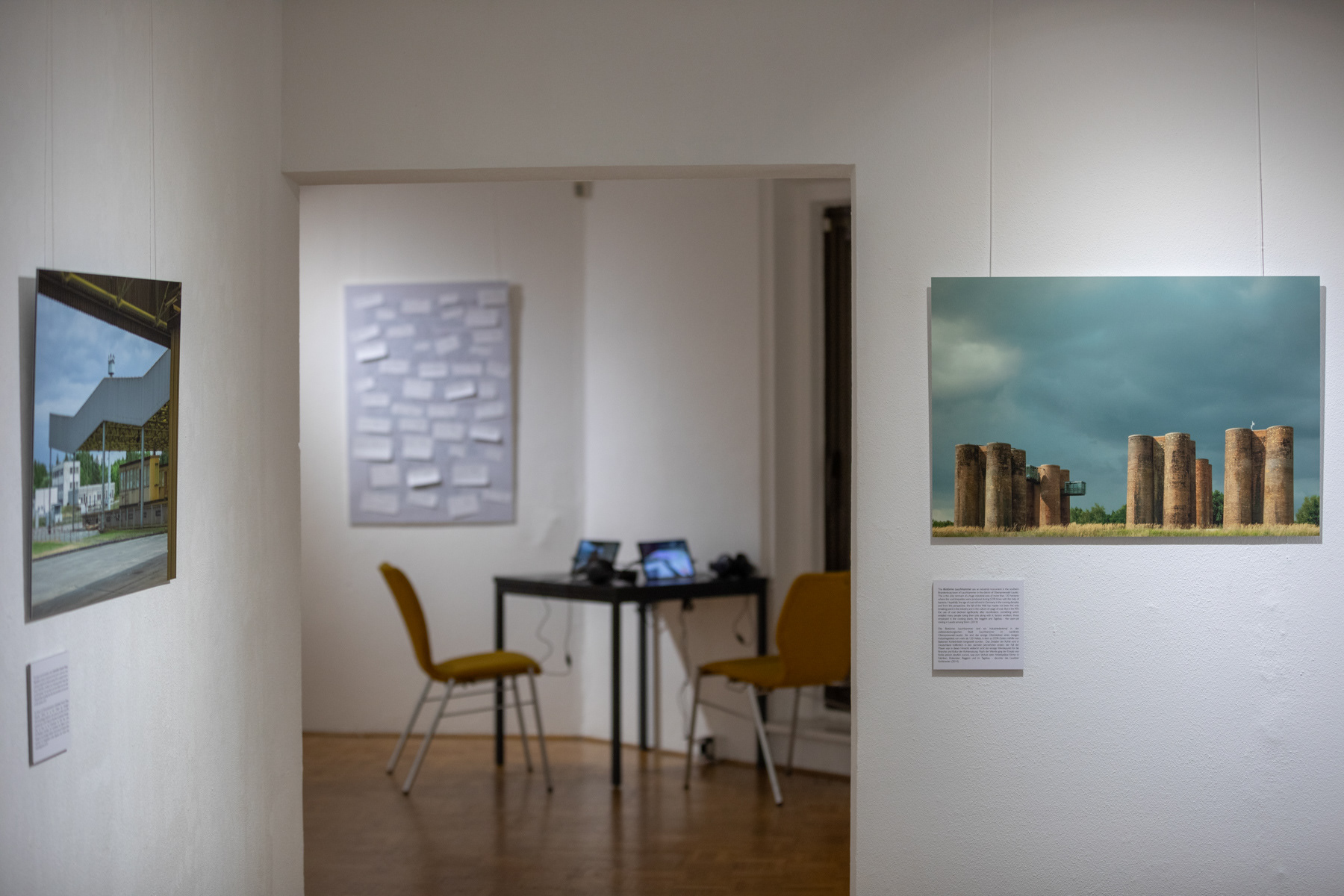
"Deutschland Übergestern" (2019) is a project by the photographer © Dario J Laganà "Norte" Photography founded by the Bundesstiftung zur Aufarbeitung der SED-Diktatur
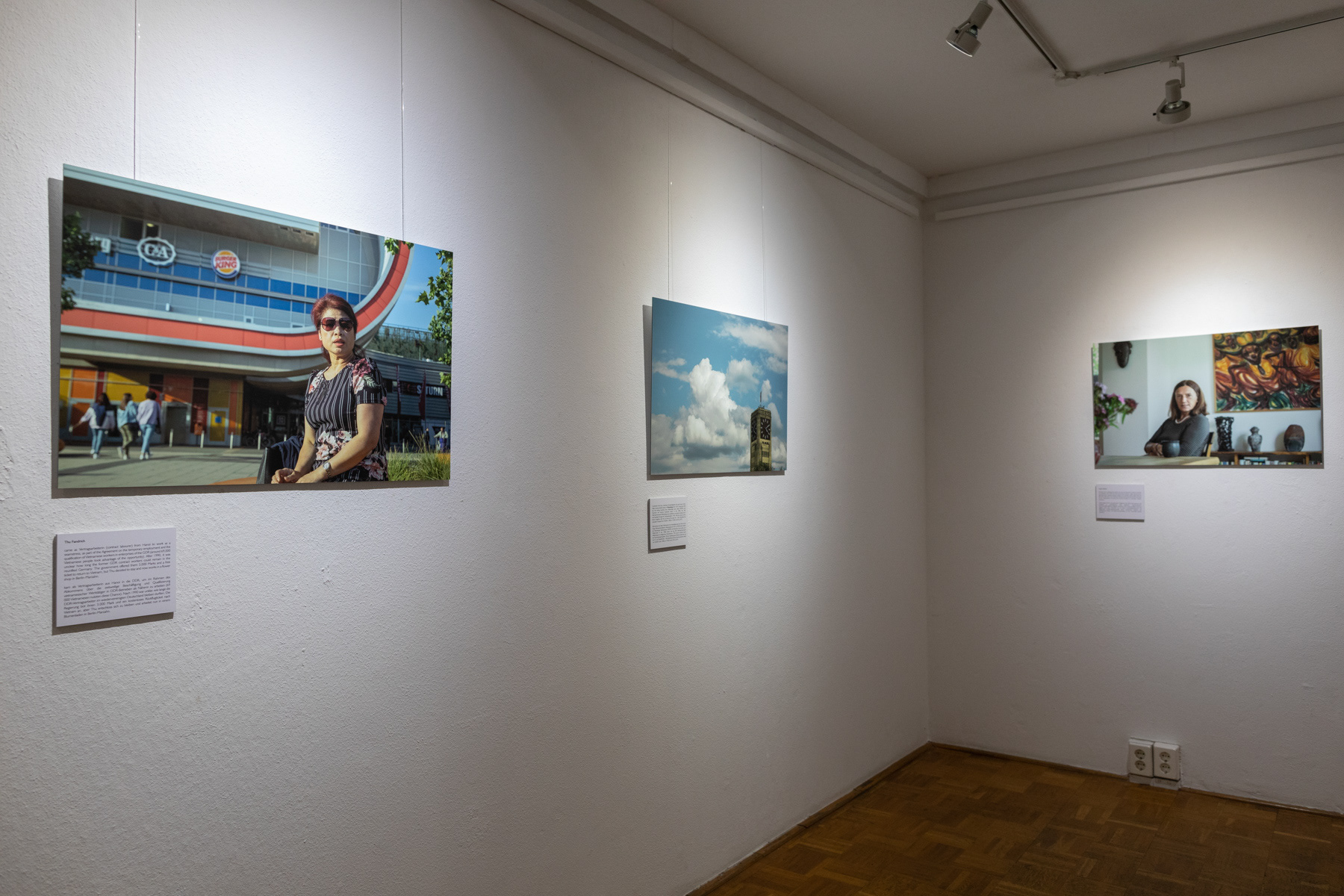
"Deutschland Übergestern" (2019) is a project by the photographer © Dario J Laganà "Norte" Photography founded by the Bundesstiftung zur Aufarbeitung der SED-Diktatur
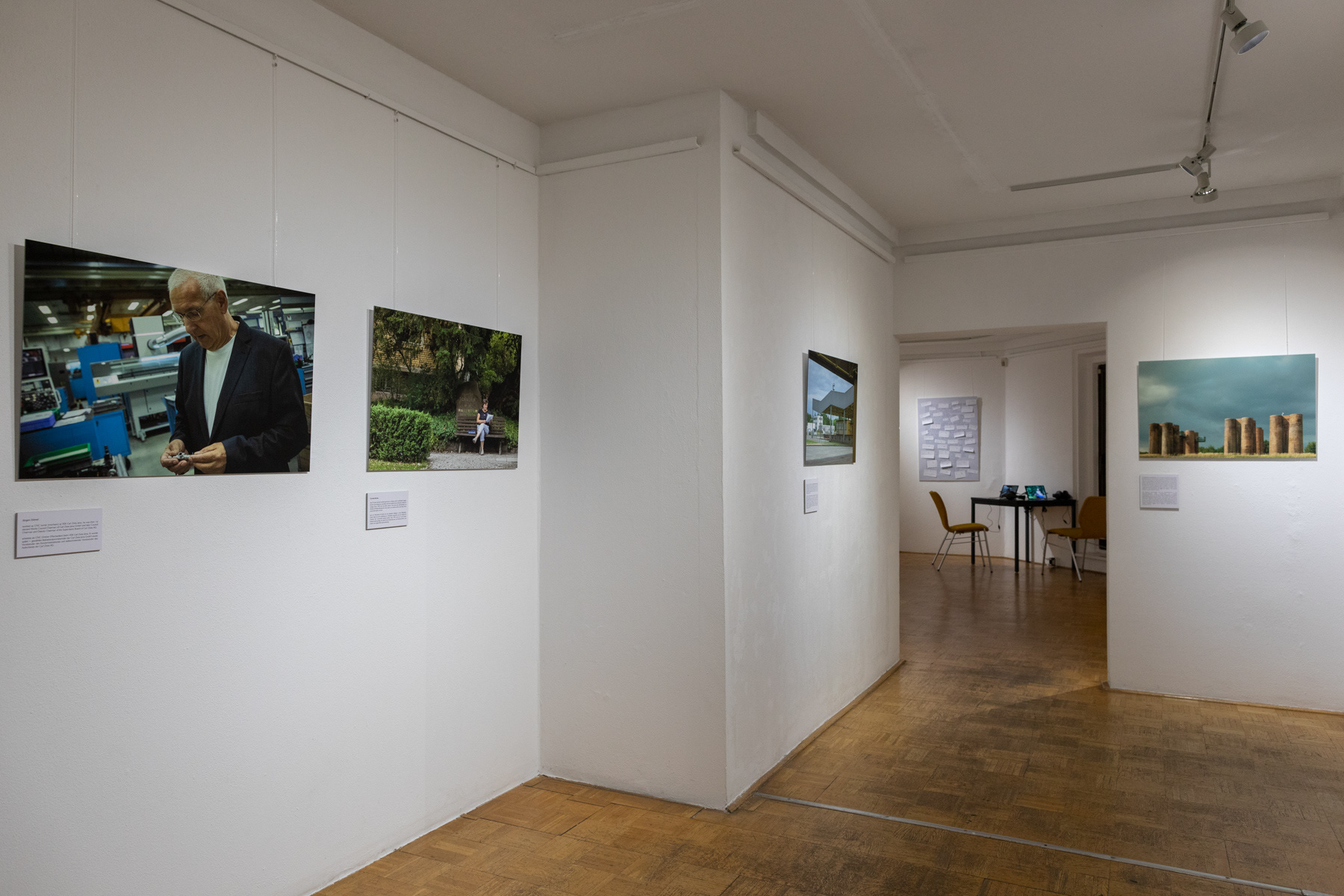
"Deutschland Übergestern" (2019) is a project by the photographer © Dario J Laganà "Norte" Photography founded by the Bundesstiftung zur Aufarbeitung der SED-Diktatur
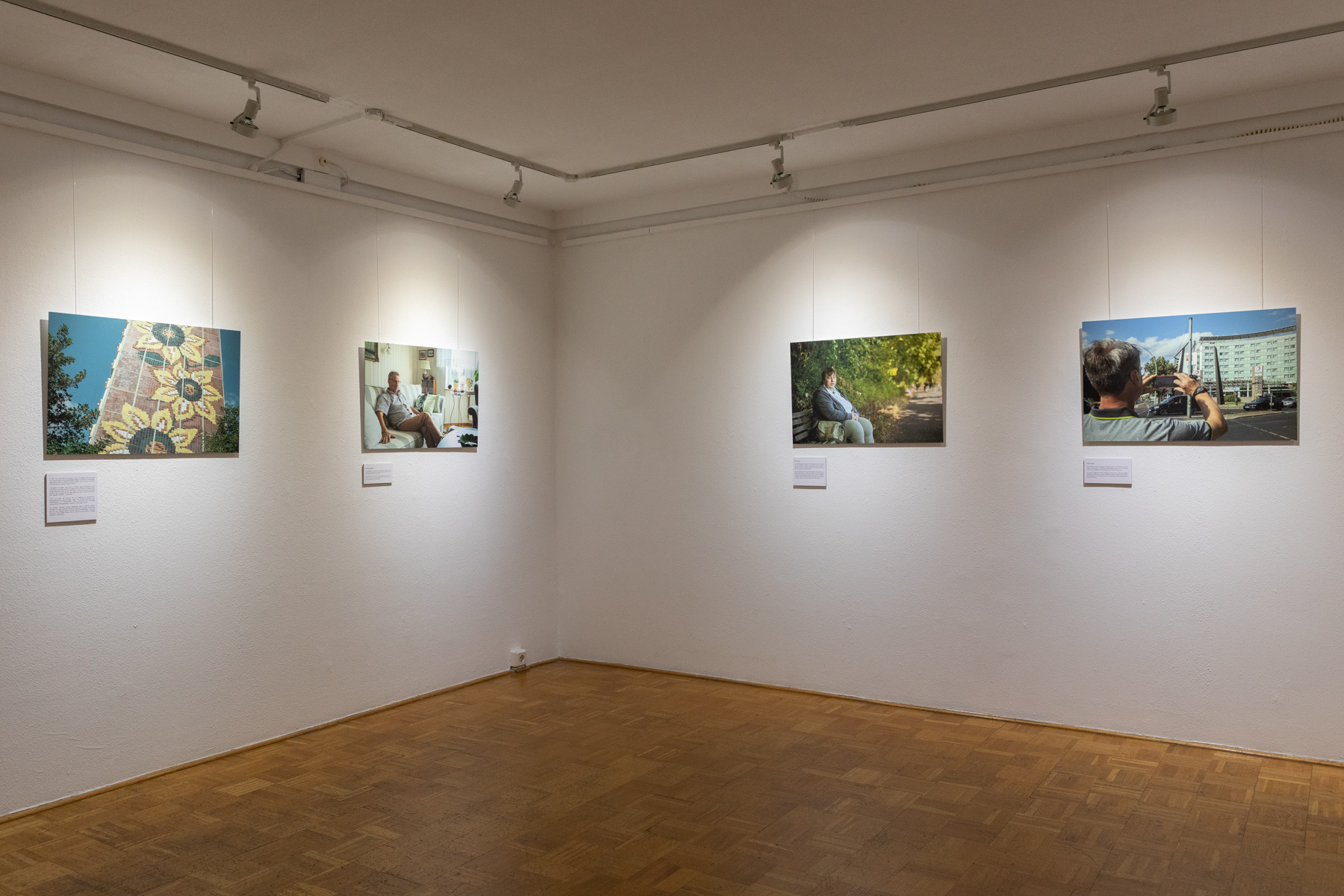
"Deutschland Übergestern" (2019) is a project by the photographer © Dario J Laganà "Norte" Photography founded by the Bundesstiftung zur Aufarbeitung der SED-Diktatur
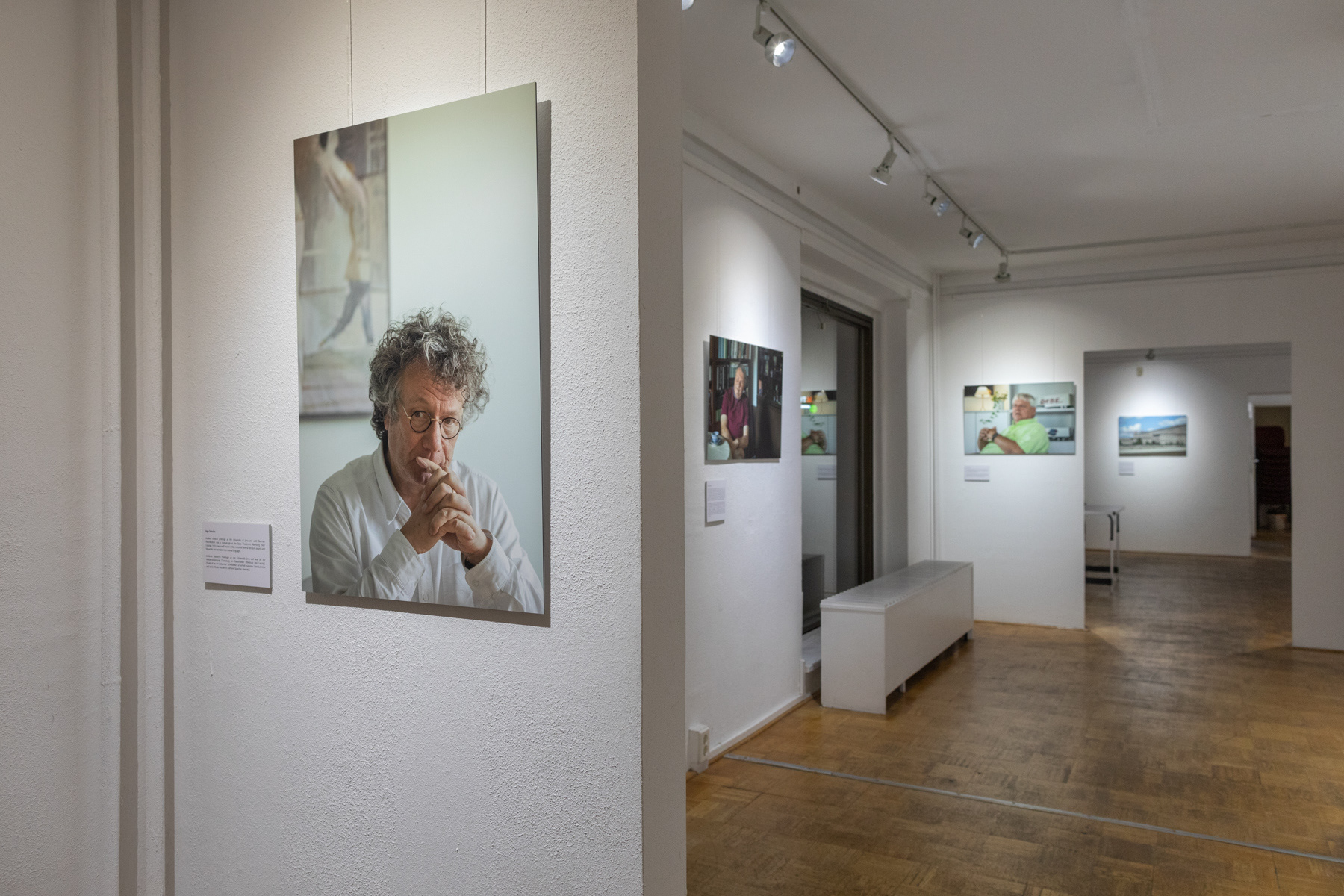
"Deutschland Übergestern" (2019) is a project by the photographer © Dario J Laganà "Norte" Photography founded by the Bundesstiftung zur Aufarbeitung der SED-Diktatur
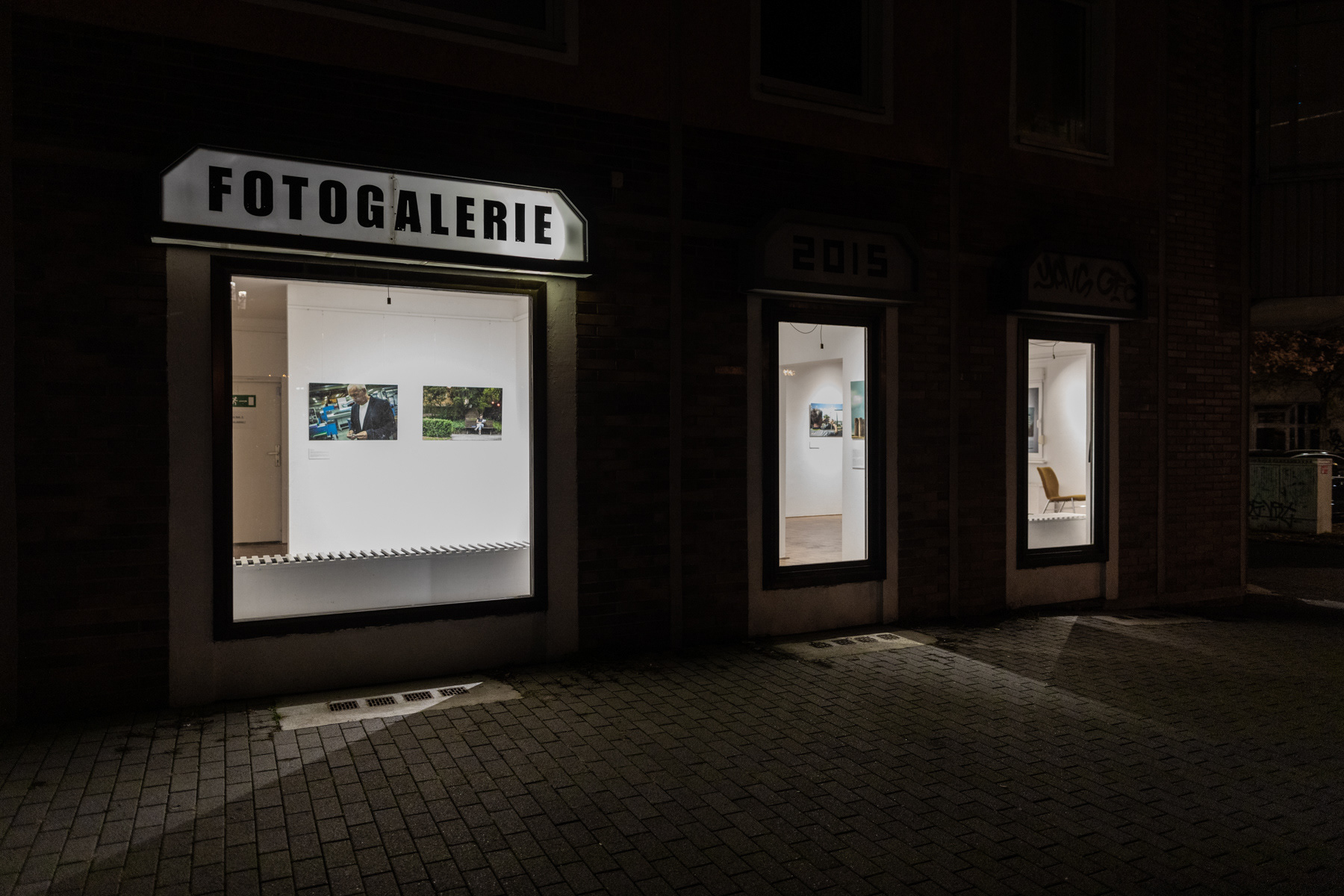
"Deutschland Übergestern" (2019) is a project by the photographer © Dario J Laganà "Norte" Photography founded by the Bundesstiftung zur Aufarbeitung der SED-Diktatur
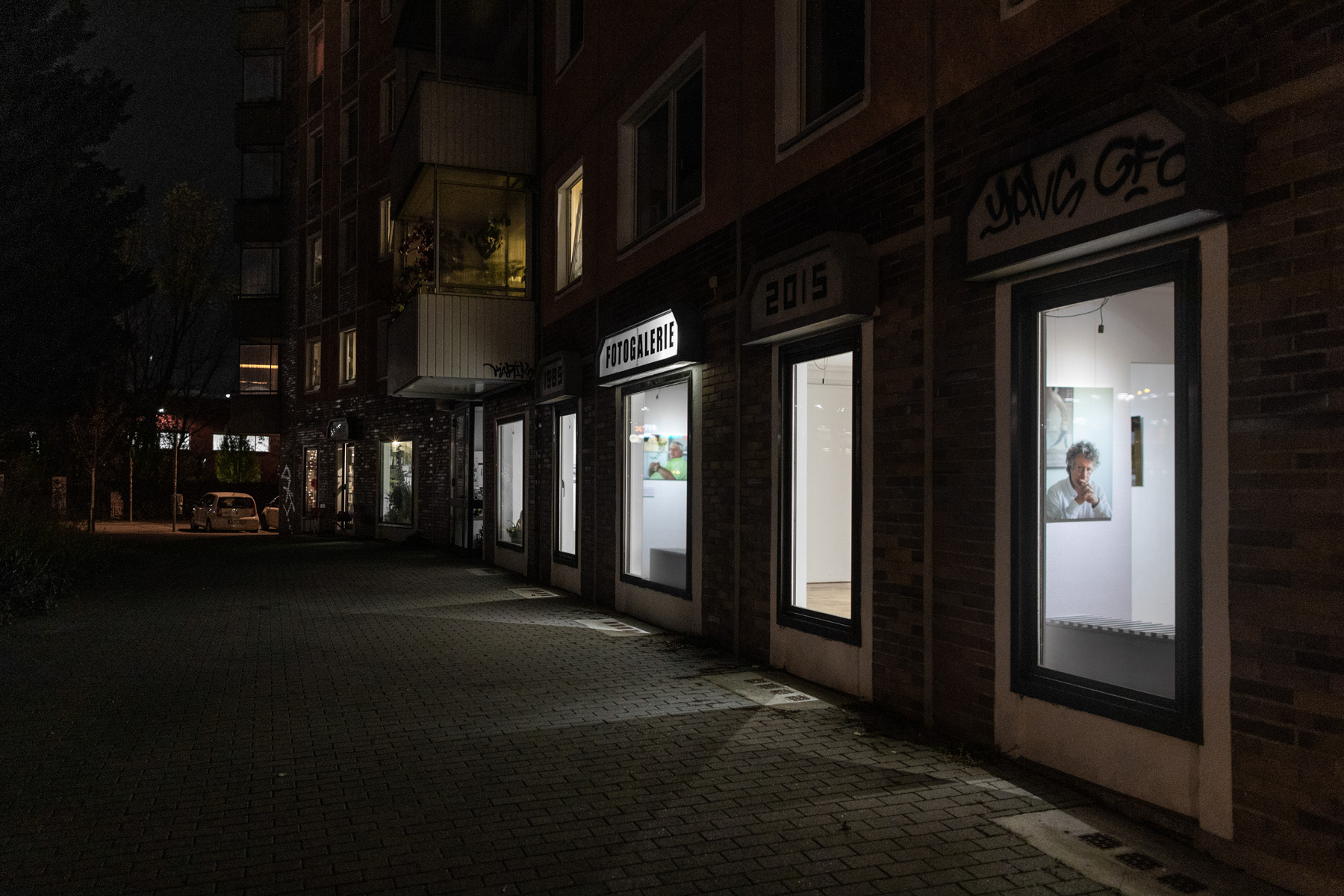
"Deutschland Übergestern" (2019) is a project by the photographer © Dario J Laganà "Norte" Photography founded by the Bundesstiftung zur Aufarbeitung der SED-Diktatur
Historical Milestones
1989 - 2019 - 30th Anniversary of Mauerfall
1990 - 2020 - 30th Anniversary of German Reunification
1989 - 2019 - 30th Anniversary of Mauerfall
1990 - 2020 - 30th Anniversary of German Reunification
ARTIST'S STATEMENT
Find a job, lose a job, stop working, change jobs, be dissatisfied with your job, be happy with your job, be afraid of losing your job. They are all declinations of the same language that unite us, regardless of the country in which we live and our history. The choice to build a project based on work is not accidental, but it is the will to try to give a simple reading on a very complex story, which would require a very thorough knowledge of history, and not only of Germany’s history.
Instead of building a history of places, I want to build a history of people.
Some time ago, in a discussion on homelessness, someone asked me how can we interact, how can we start to address social problems and how can we integrate people. Obviously my answer can only apply to me because ultimately it is not my role to answer for other people.
What I said then, and which I still believe to be my most sincere answer, is that we need to start confronting one by one, talking to people in a human way. By interacting in personal sphere, the only possible sphere, and by being guided by curiosity, by having the will to interact and with the awareness, that we will not change things, but probably these interactions will change us so we can start to understand.
In this spirit I organized this project. I could have simply asked people to have their pictures taken without the need to confront me or ask questions or interact. I decided to have portraits of people as we spoke, instead of using posed portraits (where there is a risk that the distance between people grows).
This project was born and developed for my selfish curiosity, the questions I asked started from a questionnaire written by the historian Gianluca Falanga. I added my questions, sometimes ungrammatical, sometimes perhaps banal, but always vigilant to the idea of wanting to understand a little more, without judgment, without an ideological background, as an Ausländer.
There are stories of revenge, of failure, of gambling, and also a starting point to explore possible other stories. I would like to give others the opportunity to investigate the same possibility that I gave to myself, where the extraordinary nature of these stories lies in the fact that they are stories of people who have had to adapt to a change, sometimes hoped for, and sometimes suffered, as an inevitable consequence of the great history during which they live their lives.
At the beginning of the project I was convinced that this break in society was a clean break, which took place very quickly and that people had slipped into another life quickly. Instead, the reality I encountered was one of disorientation, of a continuous adaptation over a period of several years, of a multiple fracture, in which the pieces are difficult to reassemble in a short time.
I was also convinced that this project was very far from my research on Emotional Entropy, more related with photography and history. Instead it turned out to be a project in the wake of DEAF (taub - sordo) (2012) and Chunks of Soul (2016), in a completely different context, but unexpectedly close. The idea that, in a system at rest, a very significant event occurs to which we react, revealing a disruptive energy that drives us to bring the system back. I am interested in that fraction of time between action and reaction in which we are not able to control ourselves, our body, where we ourselves are surprised by our actions. In this case the fraction of time was, for many people, for most of the 90s. I discovered how, for some years I have researched the speed of action, but in reality this disequilibrium can occur in a rarefied, continuous way, a prolonged adaptation where it is difficult to predict when and where the new state of rest will take shape.
The reality is that we cannot change the stories of these people, let alone speculate on what could have been done differently, but we can certainly use this experience as a basis for better integration in the future.
This documentation project does not refer solely to the history of German Reunification, I have always considered it as a possibility that we must empathize with the dramas and expectations of those who, at a certain point, see everything change in front of the eyes, where the certainties that once existed disappear so quickly as to leave us terrified; or with the stories of those who, in change, see starting a new life as the only option, away from the tension accumulated in years of suffering and repression.
We have to use these stories as a possible reference when we are faced with stories of new migrants, of compromised situations. We are a privileged society and from this privilege we must, as a community, work to integrate these experiences into our Collective Memory.
Eine Arbeit finden, eine Arbeit verlieren, aufhören zu arbeiten, die Arbeit wechseln, mit der Arbeit unzufrieden oder zufrieden sein, Angst haben, die Arbeit zu verlieren; dies sind alles Deklinationen eines Themas, das uns alle verbindet, unabhängig davon, in welchem Land wir leben und welche unsere Geschichte ist. Die Entscheidung, ein Projekt auf der Grundlage des Themas ‘Arbeit’ zu entwickeln, ist kein Zufall. Es ist der Wille, einen sehr komplexen historischen Zusammenhang einfach verständlich zu machen, der sonst eine sehr profunde Kenntnis, nicht nur der deutschen Geschichte erfordern würde.
Anstatt die Geschichte der Orte zu dokumentieren, möchte ich die Geschichten der Menschen aufzeigen.
Anstatt die Geschichte der Orte zu dokumentieren, möchte ich die Geschichten der Menschen aufzeigen.
In einer Diskussion über Obdachlose wurde ich vor einiger Zeit gefragt, wie wir miteinander umgehen können, wie wir soziale Probleme angehen und wie wir Menschen integrieren können. Natürlich kann meine Antwort nur für mich stehen, weil es letztendlich nicht meine Aufgabe in der Gesellschaft ist, Antworten für andere zu geben. Was ich damals jedoch geantwortet habe und was ich immer noch für meine aufrichtigste Antwort halte, ist, dass wir anfangen müssen, uns mit unserem Gegenüber auseinanderzusetzen, mit Menschen auf humane Weise zu kommunizieren, indem wir uns auf der einzig möglichen, nämlich der persönlichen Ebene verständigen; angetrieben von Neugierde, dem Willen zu interagieren und in der Gewissheit oder zumindest dem Bewusstsein, dass es nicht wir sein werden, die die Dinge ändern, aber ganz sicher wird dieser Austausch uns verändern.
Mit diesem Vorsatz bin ich das Projekt angegangen. Ich hätte die Menschen einfach bitten können, sich porträtieren zu lassen, ohne mich tatsächlich mit ihnen auseinandersetzen zu müssen, indem ich Fragen stelle oder ein Gespräch führe. Stattdessen habe ich mich für Porträts von Menschen beim Gespräch entschieden, da bei posierten Porträts die Gefahr besteht, dass der Abstand zwischen Fotograf und Porträtierten zunimmt.
Dieses Projekt ist aus rein egoistischer Neugierde entstanden und entwickelt worden. Die Fragen, die ich meinem Gegenüber gestellt habe, beruhen auf einem Fragebogen des Historikers Gianluca Falanga. Ich habe jedoch auch eigene Fragen hinzugefügt, die mal grammatisch nicht ganz korrekt sind und mal vielleicht trivial erscheinen, die aber immer in der behutsamen Absicht gestellt wurden, um etwas besser verstehen zu können, ohne Wertung, ohne ideologischen Hintergrund, als Ausländer.
So ist eine Vielzahl an Geschichten zusammengekommen, die von überwundenen Misserfolgen, gemeisterten Herausforderungen und auch von Neuanfängen handeln. Ich möchte dem Besucher der Ausstellung eine ähnliche Form der Annäherung an dieses Thema ermöglichen, wie auch ich sie wahrgenommen habe. Das Außergewöhnliche dieser Geschichten besteht darin, dass es sich um Geschichten von Menschen handelt, die sich an eine Veränderung anpassen mussten, die manchmal von ihnen ausging oder die ihnen manchmal als unvermeidliche Folge der ‘Großen Geschichte’ in ihrem Leben widerfuhr.
Zu Beginn des Projekts war ich davon überzeugt, dass jener Bruch in der Gesellschaft ein sauberer Bruch war, der sich sehr schnell vollzog und die Menschen schnell in ein anderes Leben hineingleiten ließ. Stattdessen bin ich auf Desorientierung gestoßen, auf jahrelange kontinuierliche Anpassung, auf einen multiplen Bruch, der viel Zeit braucht, um wieder richtig zu heilen.
Ich war überzeugt davon, dass dieses Projekt sehr weit von meiner künstlerischen Suche nach emotionaler Entropie entfernt, ein Projekt über Fotografie und Geschichte, sein würde. Stattdessen stellte sich heraus, dass es sich nach DEAF (taub – sordo; 2012) und Chunks of Soul (2016) erneut um ein Projekt über emotionale Entropie handelt, das sich in einem völlig anderen Kontext befand, jedoch den vorhergehenden sehr ähnelte. Das verbindende Element ist, dass ein ruhendes System von einem sehr starken Ereignis erschüttert wird, auf das wir reagieren müssen und dem eine eruptive Energie innewohnt, die sich weiterentwickelt, bis das System wieder in ein Gleichgewicht versetzt wird. Ich interessiere mich für den Zustand zwischen Aktion und Reaktion, in dem wir nicht in der Lage sind, uns selbst, unseren Körper zu kontrollieren, wo wir von unseren Handlungen überrascht werden. In diesem Fall war ein Großteil der 90er Jahre für viele Menschen von diesem Zustand bestimmt. Mir wurde durch das Projekt bewusst, wie das, was ich seit einigen Jahren in dem Handeln suche, welches sich unter einem großen Geschwindigkeitsdruck vollzieht, auch in einer subtilen kontinuierlichen und langsamen Anpassung stattfinden kann, bei der es schwierig ist, vorherzusagen, wann und wo genau das Gleichgewicht wieder eintreten wird.
Wir können die Geschichte dieser Menschen nicht ändern und auch nicht darüber spekulieren, was hätte anders gemacht werden können, aber wir können diese Erfahrung in Zukunft sicherlich als Grundlage für eine bessere Form der Integration nutzen. Diese Fotodokumentation bezieht sich nicht nur auf die Geschichte der deutschen Wiedervereinigung, ich habe sie immer auch als eine Möglichkeit betrachtet, uns in die Tragödien und Erwartungen derer hineinversetzen zu können, die an einem bestimmten Punkt zusehen müssen, wie sich alles vor ihren Augen ändert, wo die Gewissheiten, die bis gestern noch existierten, so schnell verschwinden, dass man erschrocken zurückbleibt; oder uns in die Geschichten derer einzufühlen, die in der Veränderung die einzige Möglichkeit sehen, ein neues Leben zu beginnen, fernab von den Spannungen, die sich in Jahren des Leidens und der Unterdrückung angesammelt haben.
Wir müssen uns auf diese Erfahrungen besinnen, wenn wir mit den Geschichten neuer Migranten und mit schwierigen Situationen konfrontiert sind. Wir sind eine privilegierte Gesellschaft und ausgehend von diesem Privileg müssen wir als Gemeinschaft daran arbeiten, diese Erfahrungen in unser kollektives Gedächtnis zu integrieren.
ON COLLECTIVE MEMORY / ÜBER DAS KOLLEKTIVE GEDÄCHTNIS
We usually imagine the collective memory, the one which is the base of our cultural identity, as something solid and assumed, coming from the past and taken for granted.
Brian Ladd, in his book “Ghosts of Berlin”, recalls Nietzsche: society needs to selectively forget some historical events in order to move forward.
This is as true as it is dangerous (we should ask who chooses what will be forgotten and why); deleting a chunk of history and filling the city with monuments is not enough. These can become monoliths without weight if there isn’t a corresponding effort to raise awareness and there’s no attempt to deepen collective understanding. For these reasons, memory is something that needs to be helped and invigorated day by day, that needs an active effort to carry out; it is not enough to have a more active and conscious citizenry (the rebirth of neonazi activities across Europe are a clear sign of the truth of this).
We usually say that it’s important to remember in order to avoid a repeat of tragic events in the future, unfortunately it’s not enough to create the conditions for history to not repeat itself. Those that need to remember are not typically the protagonists of those stories, instead, mostly they are bystanders or the cultural result of that period (like the Berliners in their 30’s). Hence, we need to build from scratch the history of the places and of the events which are important to treasure and with which it’s important to create an empathic link, something that goes beyond simply the need to remember. It’s hard to balance this need with the potential of development, in an expanding and continuously changing country, disfigured for so long by the Baustelle (until these became an integral part of the urban landscape and an everyday element themselves). Even we, who have chosen to live here as new citizens of Germany, have an obligation to know, because we are the new part of the collective memory of this city.
This is my logbuch, started in 2010, the collection of my personal memories of my relationship with Germany and its history related with the Die Wende.
(extracted and adapted from the article “On Collective Memory” written in 2014)
Normalerweise stellt man sich das kollektive Gedächtnis, das die Grundlage unserer kulturellen Identität bildet, als etwas Stabiles, Selbstverständliches, der Vergangenheit zugeschriebenes vor, das man für gesetzt hält.
An einen Gedanken Nietzsches anknüpfend schreibt Brian Ladd in seinem Buch "Ghosts of Berlin", dass die Gesellschaft selektiv einige historische Ereignisse vergessen muss, um in die Zukunft blicken zu können.
Obwohl dies gleichermaßen richtig wie gefährlich ist (denn wir sollten uns immer fragen, wer über die Auswahl dieser Ereignisse entscheidet und aus welchem Grund), reicht es nicht aus, die Last der Geschichte zu beseitigen und die Stadt mit Denkmälern zu übersäen. Denn tatsächlich können diese zu Monolithen ohne Substanz mutieren, wenn diesbezüglich keine Sensibilisierung stattfindet und neben dem Denkmal keine weitere Möglichkeit zur Vertiefung des Wissens angeboten wird. Aus diesen Gründen ist das kollektive Gedächtnis etwas, das jeden Tag gestärkt und dem geholfen werden muss und das eine intensive Anstrengung erforderlich macht, um hier etwas zu bewirken. Denn seine alleinige Existenz bildet nicht die Grundlage für eine aktivere und wachsamere Gemeinschaft (aufkeimende Neonaziaktivitäten in weiten Teilen Europas sind ein klares Zeichen für diese Tatsache).
Wie ein Mantra, dessen tiefere Bedeutung jedoch ignoriert wird, unterstreicht man häufig, dass es wichtig ist, sich zu erinnern, damit sich dieselben tragischen Ereignisse in Zukunft nicht wiederholen. Leider reicht es nicht aus, die Voraussetzungen dafür zu schaffen, dass sich die Geschichte tatsächlich nicht wiederholt. Im Wesentlichen, weil die Menschen, die sich erinnern müssten, nicht die Protagonisten dieser Geschichte waren, sondern in den meisten Fällen entweder Zuschauer oder wie im Fall von Berlinern in ihren 30ern, das kulturelle Produkt einer Zeit. Mehr noch als die Notwendigkeit des Erinnerns, müssen sie daher in die Lage versetzt werden, die Geschichte der Orte und Ereignisse rekonstruieren zu können. Denn es ist notwendig, diese wertzuschätzen und eine empathische Verbundenheit zu ihnen aufzubauen.
Für eine wachsende Stadt, die sich kontinuierlich erneuert, die über Jahre hinweg von Baustellen entstellt war (bis diese zu einem integralen Bestandteil des Stadtbildes und des Alltags wurden), ist es nicht einfach, zwischen dem Bedürfnis nach Erinnerung und dem Entwicklungspotenzial ein Gleichgewicht zu finden.
Auch wir, die wir uns entschieden haben, hier als neue Bürger Deutschlands zu leben, haben die Pflicht, die Geschichte zu kennen, denn von uns geht das neue kollektive Gedächtnis dieser Stadt aus.
Dies ist mein in 2010 begonnenes Tagebuch, die Sammlung meiner persönlichen Erinnerungen an meine Beziehung zu Deutschland und seine Geschichte vor und nach der Wende.
(gekürzter Auszug aus dem Artikel ‘Zum kollektiven Gedächtnis’, verfasst 2014)
#exhibition #ausstellung #photography #mauerfall30 #berlinmauer #wanderausstellung #documentation #history #germany #documentary #documentaryphotography #documentaryphotographer #documentaryphoto #documentaryseries #photojournalism #photojournalist #journalism #journalist #journalists #photojournalists #berlinwall #berlin #germany #portrait #berlinstagram #eastsidegallery #berliner #history #deutschland #berlincity #coldwar #berlinermauer #berlinart #berlinberlin #berlingram #eastgermany #ddr #berlinwallart #gdr #work #job #coldwarhistory
